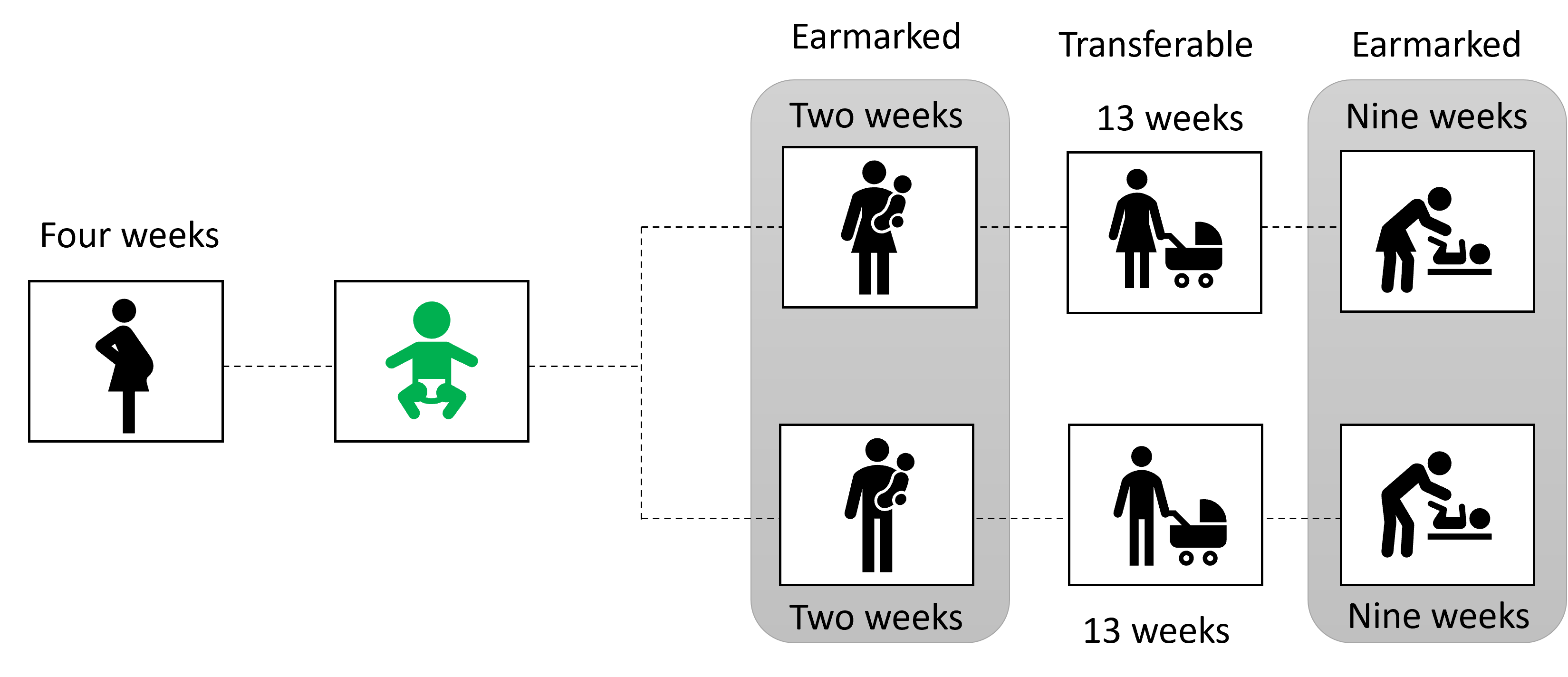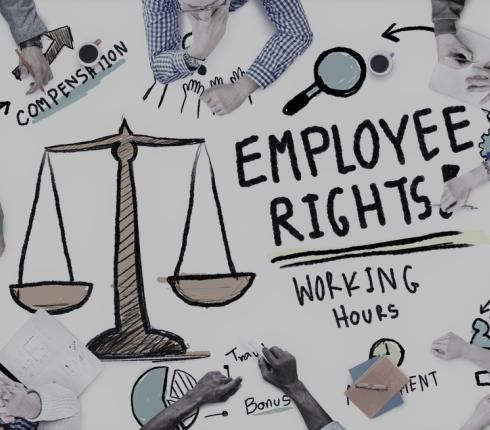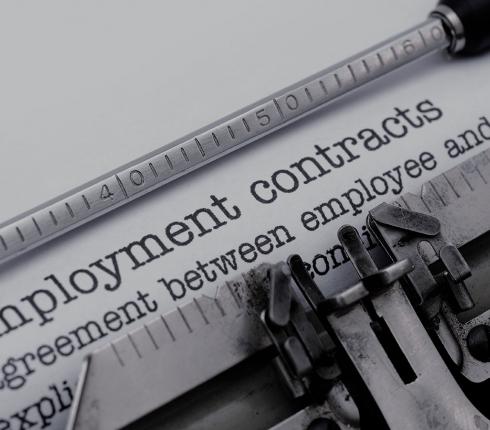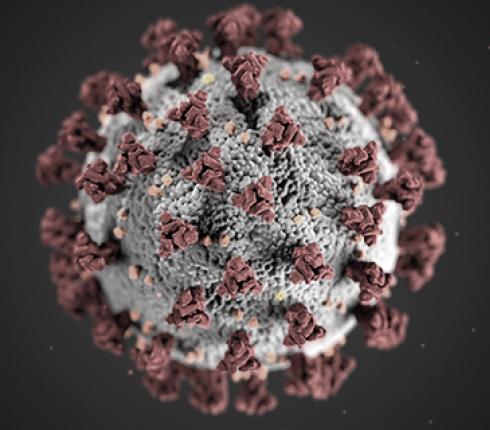New rules on parental leave in Denmark
On 3 March 2022, the Danish Parliament adopted the bill on amendments of the rules governing parental leave. The new rules on distribution of parental leave have effect for children born or received 2 August 2022 or later. In that respect, many Danish employers have already begun preparing for the new rules, including review of employment contracts and HR policies to determine which alterations may be necessary to comply with the new legislation.

the new parental leave model
The new parental leave model reflects a political desire to promote equality between parents, and the changes are based on an EU directive with the same agenda. As a result, a larger part of the leave will in the future be earmarked to the father/co-mother of a child. Though the right to absence from work remains largely the same, material changes to the rules on how parents may divide the statutory maternity benefits are introduced.
Mothers continue to be entitled to absence from work and consequently maternity benefits for four weeks before the expected due date. After childbirth, each parent will be entitled to maternity benefits for 24 weeks. For employees, the first two weeks after childbirth will be earmarked to each parent. After this, a further nine weeks of additional leave are earmarked to each parent. The remaining maternity benefits related to 13 weeks of leave for each parent may be transferred from one parent to the other.

Special rules apply when one or both parents are self-employed. In addition, on 1 January 2024 new rules regarding single parents enter into force. The new rules introduce the possibility to transfer part of the leave to a closely related family member e.g., grandparents or siblings. LGBT+ families’ options of taking parental leave also improve on 1 January 2024, as legal parents get the opportunity to transfer certain weeks of the leave to the child’s “social parents”.
right to salary
The new rules on how to divide maternity benefits do not alter the rules regarding the right to (partial) salary from an employer when on leave. These rules continue to be governed by the Salaried Employees Act for salaried employees and/or any concluded (collective) agreements and HR policies.
However, when the new rules come into force, a mother will no longer be entitled to more maternity benefits than the father or co-parent after birth, seeing as the new rules introduce an equal division of parental leave benefits after childbirth. Consequently, it may be in violation of the Equal Opportunities Act should an employer maintain a parental leave policy, where the mother is offered full salary after childbirth for a longer period than the father or co-parent.
want to know more?
You are always welcome to contact NJORD if you need help with a review and update of employment contracts, HR policies, or if you have questions or need of assistance in connection with a specific case.



































